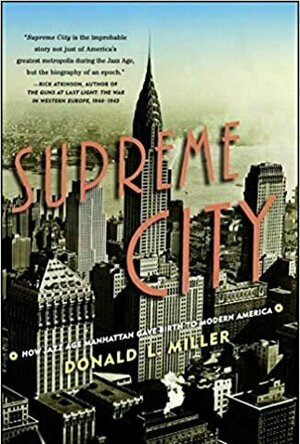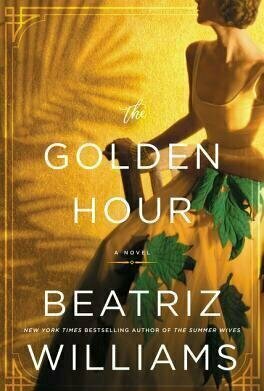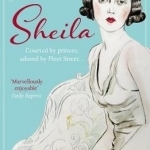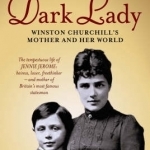
Supreme City
Book
Supreme City" captures a vanished Gotham in all its bustle, gristle, and glory" ("Vanity Fair"). In...
Deborah (162 KP) rated The Third Plantagenet: George, Duke of Clarence, Richard III's Brother in Books
Dec 21, 2018
Much less well known than his more famous brothers, Edward IV and Richard III, nonetheless, Clarence and his life and death were am important part of the story of this period. His supposed death by drowning in a butt of Malmsey wine is one of those well known 'facts' that might be a mythology all of its own, but Ashdown-Hill provides evidence to suggest that drowning was used as a method of execution in this period and considered kinder than hanging or beheading!
It's not a long book and a good proportion is given over to a study of the Clarence vault at Tewksbury abbey and the remains therein. If you are interested in the period, this is certainly worth a read. I look forward to the forthcoming companion volume, The Dublin King.

The Wheels on the Bus: Favourite Nursery Rhymes
C. Bb, Michelle Durler and Robin Fritz
Book
Sing and rhyme along with these 26 much-loved nursery rhyme songs! Includes: 'The Wheels on the Bus'...

The Legends Club: Dean Smith, Mike Krzyzewski, Jim Valvano, and an Epic College Basketball Rivalry
Book
The riveting inside story of college basketball's fiercest rivalry among three coaching...
Sports history

The Golden Hour
Book
The Bahamas, 1941. Newly-widowed Leonora “Lulu” Randolph arrives in Nassau to investigate the...
Deborah (162 KP) rated The Queen's Confidante in Books
Dec 21, 2018
I could explain a bit more about why I wasn't keen on the book, but it would be difficult to do without spoilers, so I suppose I will leave that there. I will just say that I find it hard to credit that when Elizabeth Woodville came out of sanctuary in 1484 she didn't know what had happened to her sons and therefore one would assume that Elizabeth of York would also have known - and she was happy enough to be honoured at her uncle's court that Yuletide. Having the Elizabeth of this book rail against Yorkists when she came from what seemed a close family does seem to me to be somewhat absurd.
There are, also, a number of errors which could and should have been picked up. Another reviewer has already mentioned the note which is shown to two other people on one page and on the following page is apparently a secret! There are also TWO erroneous mentions of Richard duke of York, when the context is reasonably clear the person actually referred to is York's son, Richard Duke of Gloucester - elementary mistake that should not have been made!
Perhaps I have read too many non-fiction books about the period and have formed my own strong opinions to enjoy this book as much as some other reviewers. If it is going to be your 'thing' I can only give you my opinion and leave it to yourselves to determine.

Sheila: The Australian Ingenue Who Bewitched British Society
Book
Vivacious, confident and striking, young Australian Sheila Chisholm met her first husband, Lord...

Dark Lady: Winston Churchill's Mother and Her World
Book
Jennie Jerome was a controversial American society girl and mother of Britain's most revered...
Uplift Cinema: The Emergence of African American Film and the Possibility of Black Modernity
Book
In Uplift Cinema, Allyson Nadia Field recovers the significant yet forgotten legacy of African...
Breathless Days, 1959-1960
Serge Guilbaut and John O'Brian
Book
Taking 1959-1960 as a pivotal cultural and political moment, the contributors to Breathless Days...
